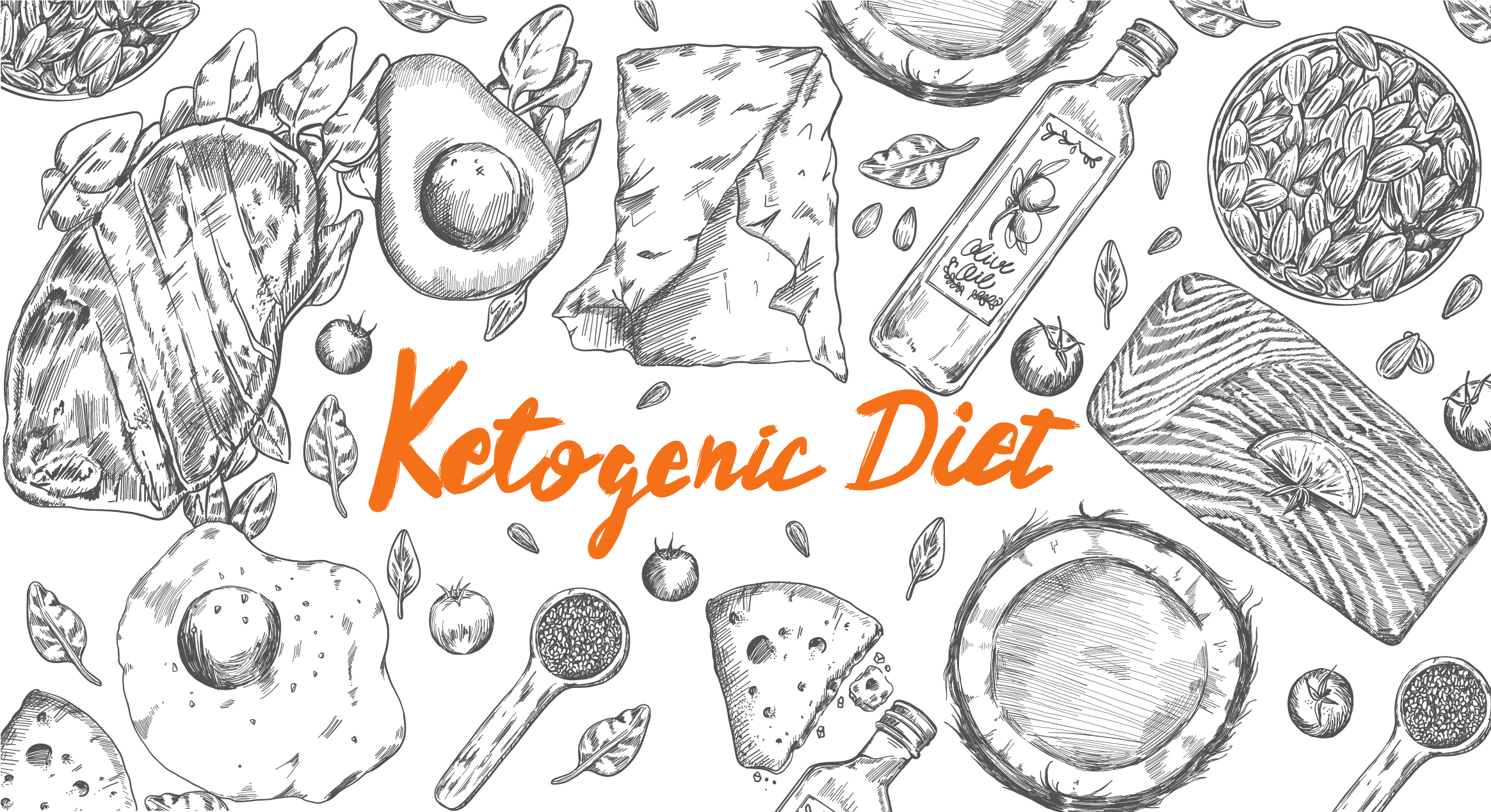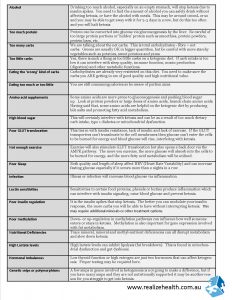There is nothing more frustrating when you’ve committed yourself to a better way of eating, set goals, and chart your progress just to find out that you are not making any progress at all, or at least not to your expectations for the effort you are putting in.
Here we help you identify possible sabotages that could be hindering your weight loss when it comes to ketogenic diets, or give insight into how you can improve results even more.
Overall Health Benefits of the Ketogenic Diet
WHY AM I NOT GETTING INTO KETOSIS?
Reasons why you may be struggling to get into ketosis may include (but are not limited to) the following:
BE PATIENT
Everyone is different.
Some people get into ketosis within 2 weeks, others can take up to 9 months. This may depend on the level of exercise you are doing, whether you are insulin resistant, etc.
How You Can Manipulate Peptides for Successful Weight Loss
Some of the factors discussed in this article could slow it down, but you’ll eventually get there.
ELECTROLYTES
The most common electrolyte deficiency seen with ketogenic diets are sodium and/or potassium deficiency.
If you start getting cramps increase your salt intake, especially if you do a lot of sports.
Common symptoms of potassium deficiency include:
- Weakness and fatigue
- Muscle cramps and spasms
- Digestive problems
- Heart palpitations
- Muscle aches and Stiffness
- Tingling and Numbness
- Breathing difficulties
- Mood changes
OMEGA-3 FATS
A lot of the negative studies that involve ketogenic diets warning about the dangers of high fat diets are done around high fat and LOW Omega 3 intake.
This makes it hard to know whether the negative results were due to the high fat consumption, or because of omega-3 deficiency.
Nevertheless, it is important to not just consume lots of fat, but to make sure that the fat is balanced with high omega-3 intake. Someone who is already inflamed (and who with chronic disease isn’t) will feel worse when fat intake is shifted towards omega-6 or arachidonic acid.
This also becomes an important consideration in those with APOE gene mutations who may not do so well on a high saturated fat diet.
CLEAN ORGANIC DIETARY FATS
This is super important.
Pollutants, metals, chemicals, pesticides, organophosphates and many other nasty chemicals are stored in the fat of animals, plants and humans. You will do yourself a great disservice if you consume fats containing these compounds. Not only is it very harmful to your health, but it may also slow ketosis down as your body is using up resources to remove this extra toxic load. Methylation will be compromised and genes involved with weight loss will not be expressed properly. Testosterone may be aromatized to estrogen making it even harder for males to shift the excess weight. These are just a few examples.
Don’t try and save money here. Buy organic!
OVERALL QUALITY OF THE DIET
The vegetables need to be good quality.
The fats need to be good quality.
The protein needs to be good quality.
Don’t try and take short-cuts. Buy organic, grass-fed or biodynamic.
Unless it states that the cattle has been fully grass-fed, they have been grain fed. The grains fed to cattle convert to sugar in their bodies and get converted into palmitic acid which is a form of fatty acid or fat that creates the marbelling effect in meat. Palmitic acid is NOT a healthy fat and contributes to metabolic disorders and cardiovascular disease.
DOING ON-OFF KETOGENIC DIET
Please don’t do this. Do it properly or not at all. You can do your health more harm than good by approaching it half-heartedly. High blood glucose and high blood lipids combined is not going to do your health any favors.
It is OK however to do keto for a period of time in order to get fat-adapted and cycle to other types of diets that are not a SAD diet such as paleo, anti-inflammatory, plant-based, macro-nutrient diets etc. but keep sugars and processed foods to a minimum.
After all, no one can maintain a ketogenic diet for life.
References:
Julien C, Tremblay C, Phivilay A, et al. High-fat diet aggravates amyloid-beta and tau pathologies in the 3xTg-AD mouse model. Neurobiol
Aging. 2010;31(9):1516-1531. doi:10.1016/j.neurobiolaging.2008.08.022





